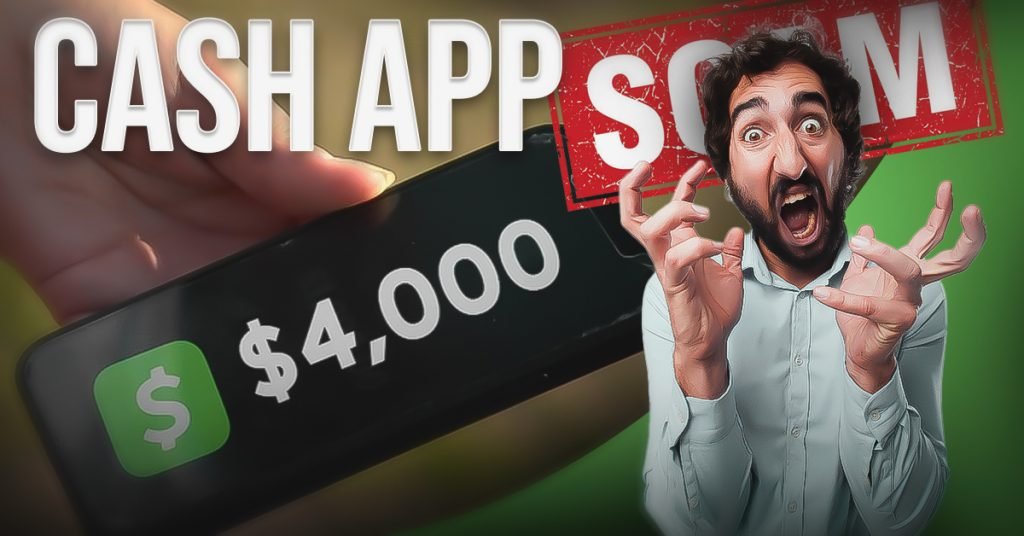

Block Inc., in 2013, launched an easy-to-use financial fund transfer application called Square Cash; later, it was changed to Cash App. It was the brainchild of former Twitter owner Jack Dorsey.
The Cash App is quite easy to use and is popular among many, allowing users to make quick transfers of money. Scammers have found loopholes and are conning people. There have been many cases in the past where victims were ripped off.
Table of Contents
Cash App Accused
The report by a short-selling investment firm, Hindenburg Research, accuses Jack Dorsey of allowing scams and fraudulent activities on the Cash App to “run rampant.”
The Securities Exchange and Commission (SEC) has shown interest after the report alleging Block inflates its customer growth by allowing “fake accounts” to thrive.
Hindenburg managed to test this theory and was successful after it was able to open up fake accounts under the names of Donald Trump and Elon Musk on the Cash App.
As per the report, a former employee revealed that roughly 40% to 75% of accounts on the Cash App were fake, involved in fraud, or tied to a single individual with multiple accounts.
Although the report had a drastic effect on Block’s stocks, which slumped by 15%, it also called the report “factually inaccurate,” was complying with the SEC, and would take legal action against Hindenburg.
Although it is a convenient app, many lack the necessary awareness to spot scams and avoid them. In this article, we will guide you on how to spot and avoid falling for such scams.
Popular Scams on the Cash App
Although Cash App is a convenient and easy-to-use money-transfer application, you should be aware of the prominent scams that are common among scammers.
Customer support center
The Cash App doesn’t have a live customer support center; what it does have is in-built customer support in the Cash App application. If you wish to address any issues regarding the Cash App scams or fraudulent activities, then you need to go through the app to register your complaint.
You might find an online customer care center where you will interact with a customer agent, and then you can be sure that the agent is a scammer.
Scammers have opened up a website that looks legit, and it can appear when you Google search it. When you call the number appearing on the website, scammers pretending to be from customer support will ask you to download an application to better understand the issue and solve it.
In reality, the software that you download will give access to your phone and collect all the sensitive data, like your name, contact number, bank details, credit card details, and so forth.
Scammers are sometimes smart; they might prompt you to hand over your credit card details, including your PIN and CVV number.
You must remember that no customer or client support center ever asks for your bank details or other sensitive data. The law forbids them from doing so. Use caution when someone prompts you to reveal sensitive data.
Random payments
Anyone will appreciate free cash; however, it is a bait to catch hold of unwary prey.
Scammers are known to send money to random people using stolen credit cards. Then they will request that the person return it under some fake excuse that they have wrongly paid that person. Scammers will quickly replace the stolen credit card with their own. So when the person sends money, it will go directly to the scammer.
If you receive such money, then block that person and report it to the Cash App through their application.
Cash flipping.
Never believe in things that look too good to be true. It is also true when it comes to investing in low-risk, high-paying guaranteed schemes.
Scammers will entice their victims by advertising that they will flip their money X times. So if you send $10, you will receive $1,000; that is what they claim. You will send in money, but you will never receive anything back.
One of the easiest ways to avoid falling for such a scam is to not entertain the message in the first place.
Account hacking
Scammers cannot hack into any Cash App account by using only their name; they need your password, which can easily be obtained online through a password list on the dark web. Once the hacker has your login credentials, they can hack into your account.
Hackers can also hack into your email and search for the password. Thus, you mustn’t share your login credentials with anyone. For extra security, you can always use the two-factor authentication code or reset the password.
Smishing texts
Smishing is a form of social engineering similar to phishing where the victims are tricked into revealing sensitive information like their name, contact number, social security number, and so forth.
Scammers will send a fake Cash App message and trick their victims into revealing their sensitive data under the pretext that they wish to verify their identity since their Cash App account was compromised.
These messages also include a link that will direct you to a website after you click on it. The website will look legit to untrained eyes, prompting you to fill in the details. Since the website is bogus, all details would be sent to scammers, who in turn would use it with malicious intent. After collecting the details, they will ask for money transfers from your friends and family and make purchases using your credit card details.
The only way to avoid such scams is by never clicking on links sent through unsolicited texts. It is wiser to use two-factor authentication and a security lock setting while accessing your Cash App account.
Final thoughts
If one is aware of the latest scams that have been perpetuated in society, one can be sure that the chances of falling for such scams are next to none.
Avoid entertaining any unsolicited messages or sending money to a person you know nothing about.






More Stories
What are the challenges of developing a handyman app?
Top Benefits & Features of Angular JS in 2023
Top Free Call Spoofing Apps